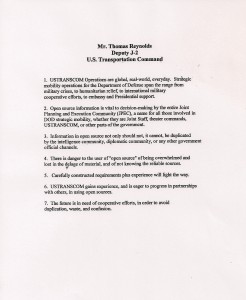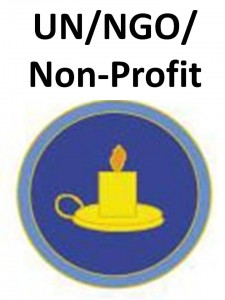
UN-NGO Archives on Public Intelligence (1992-2006)
Non-Governmental

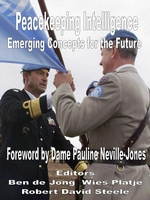
The Netherlands, MajGen Patrick Cammaert, Royal Marines
IOP '06. MajGen Cammaert is recognized for his extraordinarily diplomatic and diligent furtherance of common sense and understanding at the highest levels of United Nations leadership, with respect to both the generic value of the process of intelligence to peacekeeping and conflict avoidance, and the specific value of open sources of information, including geospatial information, useful to the strategic mandate, the operational force composition, and the tactical campaign. As Military Advisor to the Secretary General from 2003-2005, and then as Force Commander of UN Forces in the Congo, he devised and began implementation of the regional United Nations Joint Military Analysis Centre (UN JMAC) program. His leadership with respect to a common standard of intelligence training for all UN civilian and uniformed personnel are likely to have a considerable impact on the future effectiveness of peacekeeping operations
Although the Brahimi Report (AF) and the efforts of Louise Frechette (CA) as Deputy Secretary General to achieve strategic decision-support coherence were both important, no single person has done more to help the United Nations understand that intelligence is not a “dirty word” but rather an essential tool relevant to the strategic level (getting the mandate right), the operational level (getting the force structure right), and the tactical level (being effective in multicultural environments). Below are his responses to questions, as presented on a video interview done in New York.
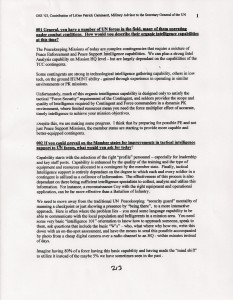
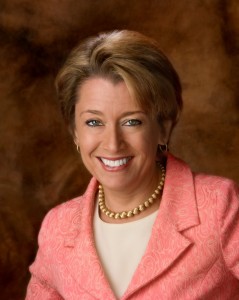
Lori M. Wallach has been director of Public Citizen's Global Trade Watch since 1995.
Lori Wallach applies public intelligence in the public interest, and is a true leader of the emerging Epoch B community of indigenous peoples and independent citizens who value appreciative inquiry deliberative dialog, and responsible advocacy against those elements that seek to destroy the commonwealth–Earth–for the short-term profit of a few.
The below text from special coverage of her by Foreign Policy (Spring 2000) came to us courtesy of Moises Naim and was included in the hand-outs received by those attending OSS '01.
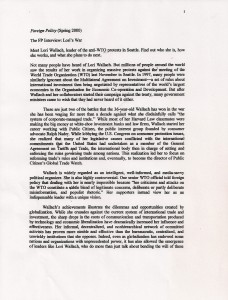
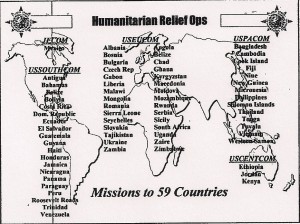
Mr. Thomas Reynolds, the Deputy J-2 for the U.S. Transportation Command (USTRANCOM) provided an overview of all the places in the Third World where TRASCOM supports not just Special Operations and normal US military forces, but humanitarian assistance endeavors. As USMC and USSOCOM discovered in 1988, we do not have 1:50,000 combat charts for 90% of the Third World, and that is still largely true today (the vaunted shuttle mission came back with a lot of swiss cheese).
The short text summary and the slides are contained in the same document. What we have learned over the years is that the global providers of lift and logistics are the red-headed step-children of the government world, the last to receive proper intellience support, and the most likely to benefit hugely from Open Source Intelligence (OSINT).
